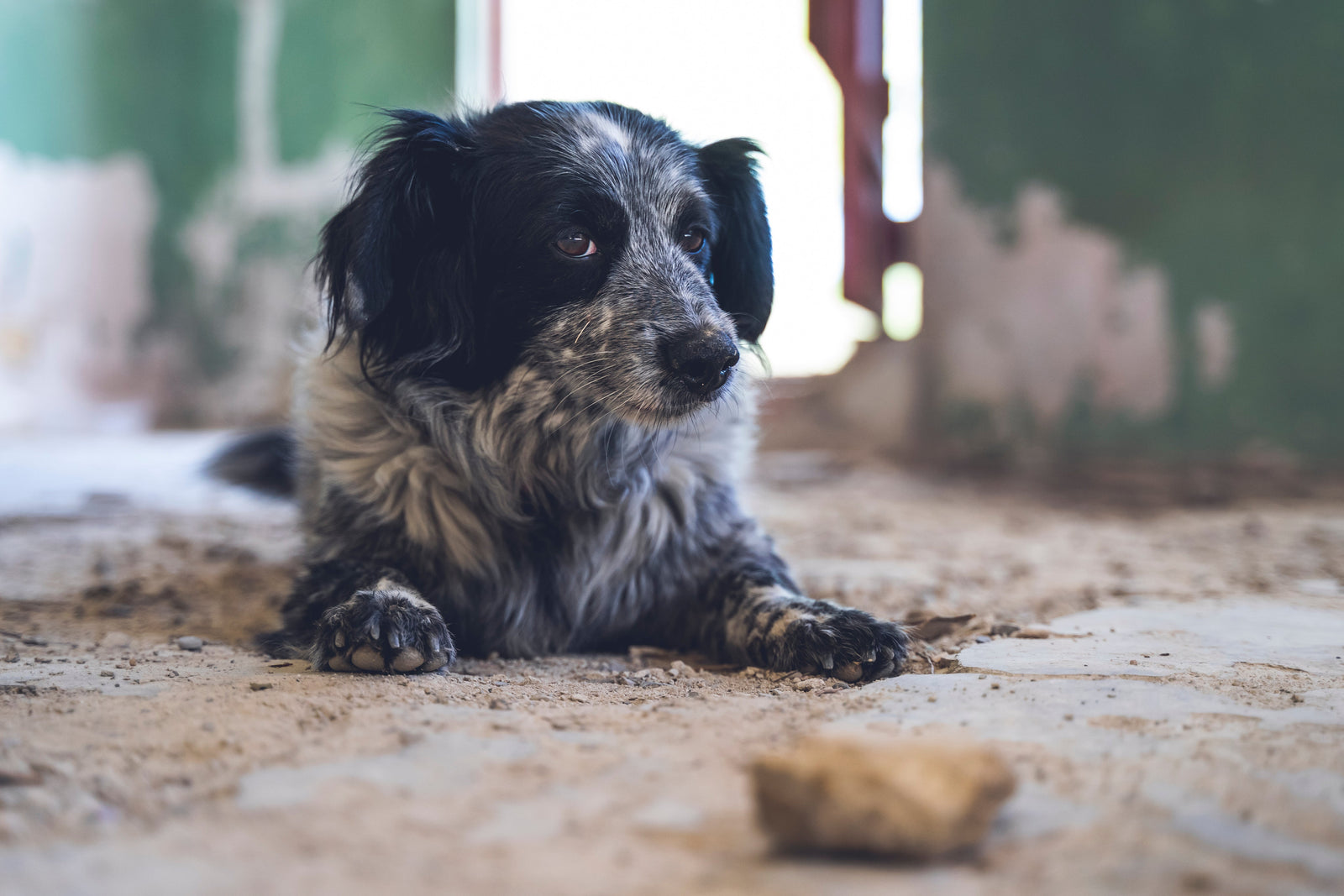Although there are no national data on the prevalence of dampness/mold in U.S. residential buildings, the population-weighted average prevalence of dampness/mold estimated from several published studies was 47%. While the impact of mold in humans is well-documented, the effect that it can have on pets is less understood. But it’s important to know that mold in the home can be toxic to dogs, and could be the cause of ongoing health problems.
Identifying and treating mold symptoms in your dog
Some dogs will exhibit allergy-like symptoms when there is mold lurking in your home. Respiratory symptoms are common, including breathing difficulties, sneezing, discharge from the eyes and nose, and coughing. Other signs that mold is having a negative impact on your hound’s health is a lack of energy, excessive licking, excessive scratching, gastrointestinal issues, and neurological concerns. Regardless of which symptoms your dog has, he or she will require treatment. Rather than giving multiple medications to your pooch to control his symptoms, opt for holistic ones instead. Topical treatments, including lavender, aloe and green tea can be used to relieve itchy skin and sore spots. Meanwhile, acupuncture and homeopathy can restore the immune system, manage allergy-like symptoms, and improve your dog’s overall health and well-being following exposure to mold.
Removing mold
While treating your furry friend’s mold exposure symptoms will provide him with relief, you need to tackle the mold in your home to prevent symptoms from recurring. As mold is dangerous to human and pet health, it’s best to call in a professional mold remediation service. This service is thorough and involves air and surface samples being taken and tested before a deep clean-up operation is performed using specialist equipment. For safety, you and your dog should vacate your home while this service takes place. Once a large scale mold removal program has been completed, you can keep on top of it by using a pet-friendly vinegar, baking soda and water mix to kill any mold spores as soon as they appear.
Risks of ignoring mold in the home
You might think that mold is nothing more than an unsightly nuisance on the floors, walls and ceiling of your property; however, ignoring it puts your dog at risk. Research shows that black mold, the most common mold in the home, produces mycotoxins, which are known to affect the liver and destroy the body’s cells. This can then lead to long-term health problems for your beloved pooch, such as disseminated aspergillosis. This fungal condition spreads throughout a dog’s body over a period of months and years, and can cause inflammation of the bones, weight loss, spinal pain and sickness, all of which will require multiple holistic treatments to improve your dog’s quality of life.
Mold is a problem that millions of homeowners face. It should never be ignored as it can cause serious health problems in pets, including dogs. With this in mind, it’s best to remove the mold from your home immediately, and utilize holistic treatments to ease your hound’s associated symptoms.
Credit: Chrissy Jones
Disclaimer: This content is for informational purposes only and is not meant to diagnose, treat, or replace consulting a primary veterinarian for individualized care.

